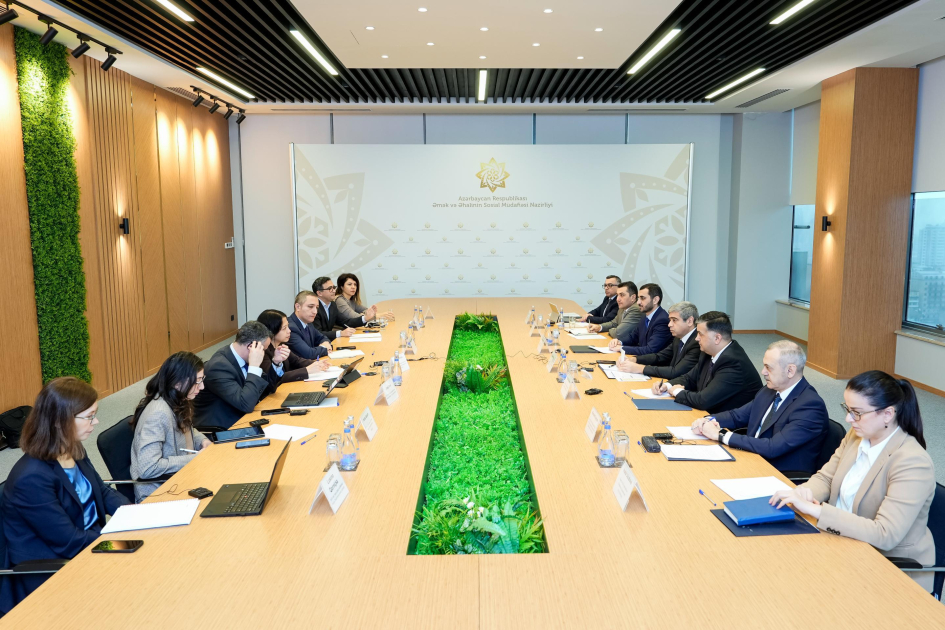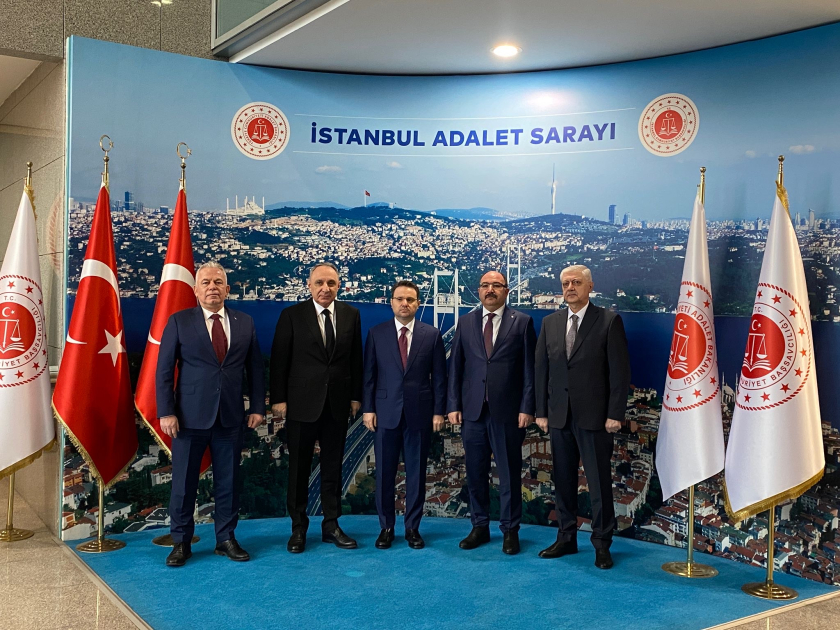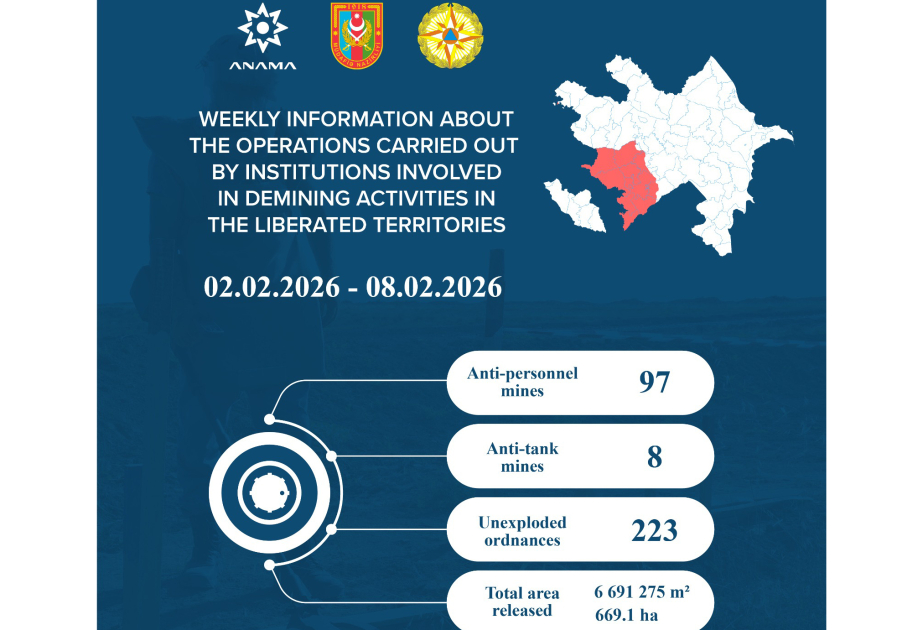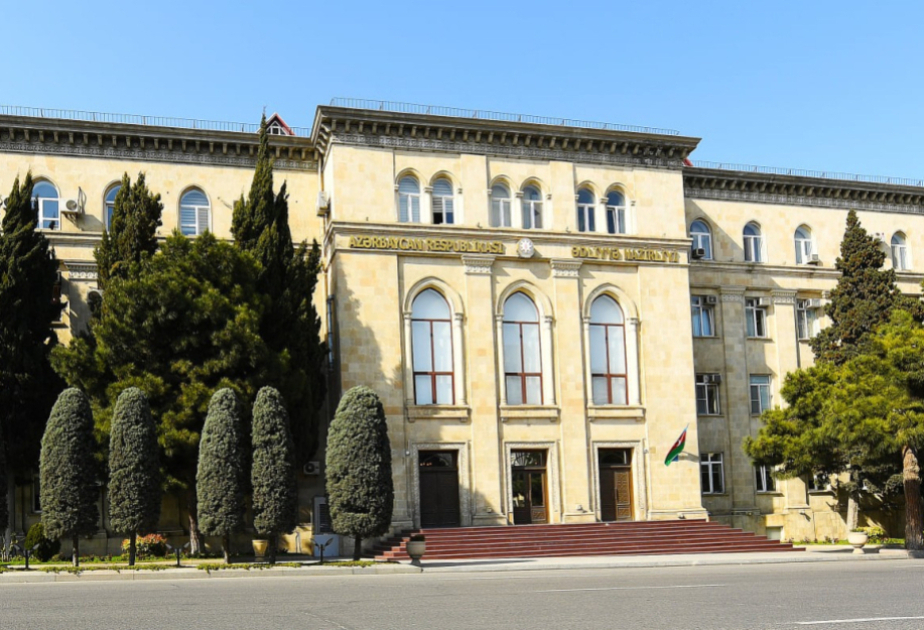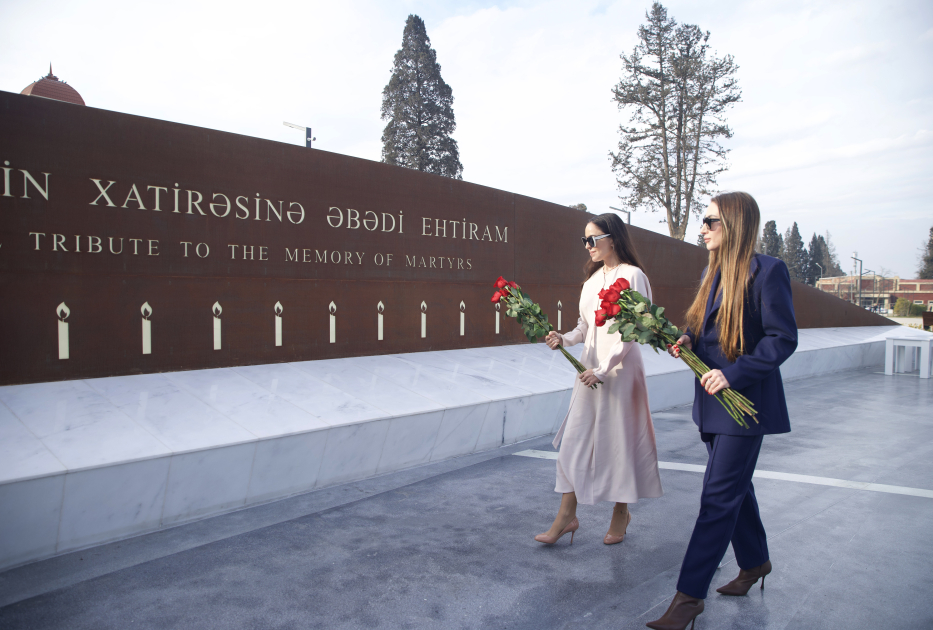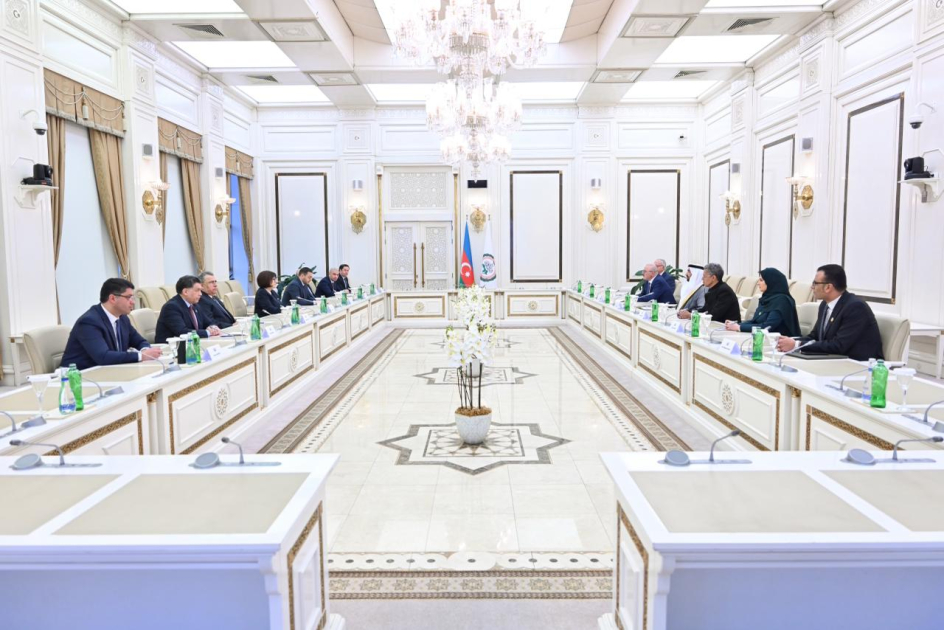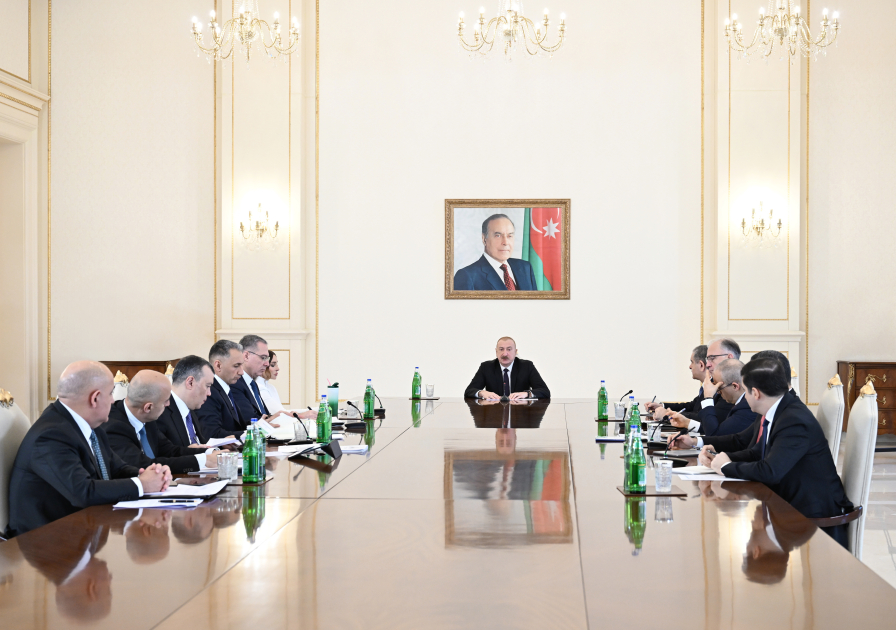The UK’s decision to leave the European Union in June 2016 has had major implications for the country’s approach to its foreign policy. As the UK, in theory at least, was to begin retaining some of the autonomy it believed to have lost to the European Union, its relationship with countries from different continents was bound to change. The Johnson government’s emphasis on a ‘Global Britain’, a policy that outlined the UK’s long-term vision for its international strategy, emphasized the importance of a foreign policy that expanded beyond the UK’s traditional allies. This included forging new economic and trade alliances but also reviving historic partnerships with the likes of Canada, Australia, and New Zealand. However, the political instability which has characterized British politics in recent years, reflected by the frequent change in the Prime Ministerial position, cooled down the Conservative Party enthusiasm for this new approach and pointed to a more pragmatic way forward which prioritised Britain’s immediate interests. This was certainly influenced by events such as the Ukraine war but does encourage a broader consideration of whether the UK was serious about becoming a more participative actor in areas like international development and post-conflict humanitarian efforts. Most importantly, how does the UK’s relationship with Azerbaijan fit within this dynamic? Are recent actions truly indicative of a more ‘global’ UK that wants to establish a deep and persistent presence across the international system, of which Azerbaijan is an increasingly powerful part?
The relationship between Azerbaijan and the United Kingdom has historically been associated with cooperation in the oil industry. The same can be said for other European partners. The increasingly influential and participative nature of Azerbaijan’s foreign policy in confronting major global issues, including the fight against climate change and Islamophobia, is reflective of the country’s belief in multilateralism and the role of international institutions in promoting cooperation. Azerbaijan’s status as a reliable partner is not only restricted to its relationship with the UK, with several key gas deals signed in recent times between Azerbaijan and EU member states. This includes the July 2022 agreement to double the volume of gas exports from Azerbaijan to Europe by 2027, which turned out to be a starting point for further deals with countries like Bulgaria, Hungary, Romania, and Slovakia. This interconnectedness originated following the collapse of the Soviet Union. The UK’s British Petroleum (BP) was part of a group of leading oil companies that represented the first significant Western investment in a post-Soviet country. This served as an essential starting point for economic relations between the two countries, culminating in the UK’s current status as the largest foreign investor in Azerbaijan.





